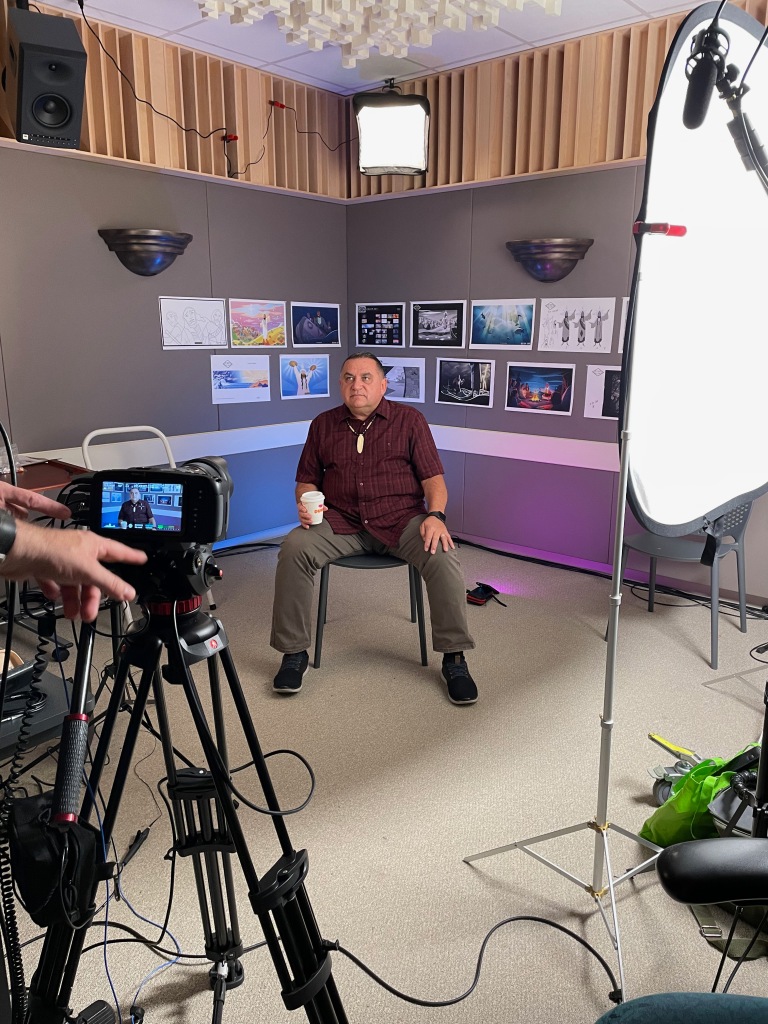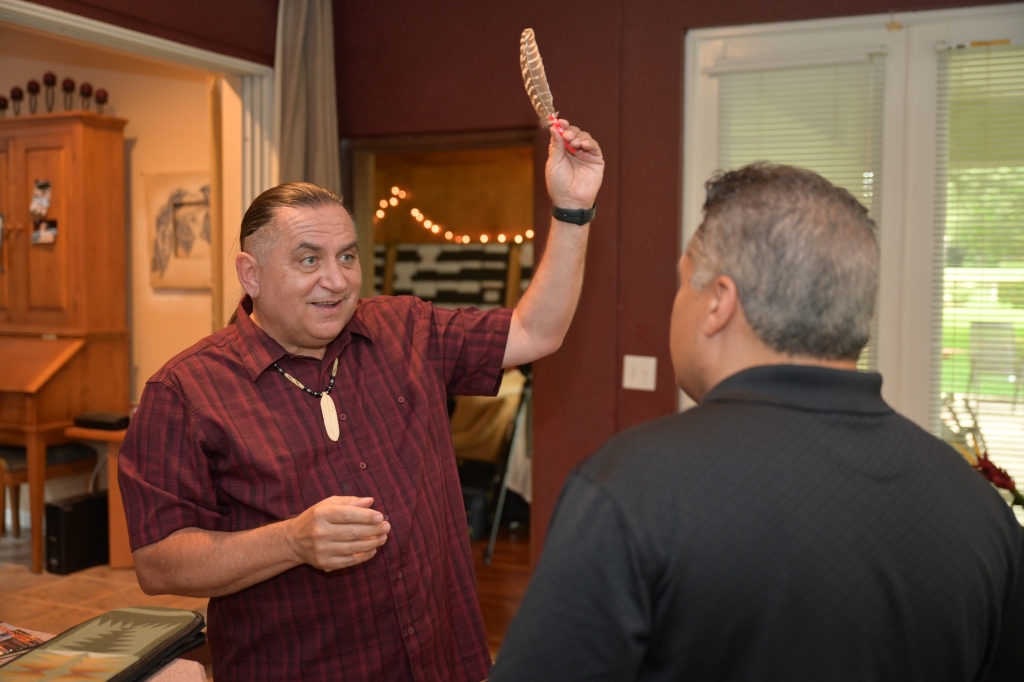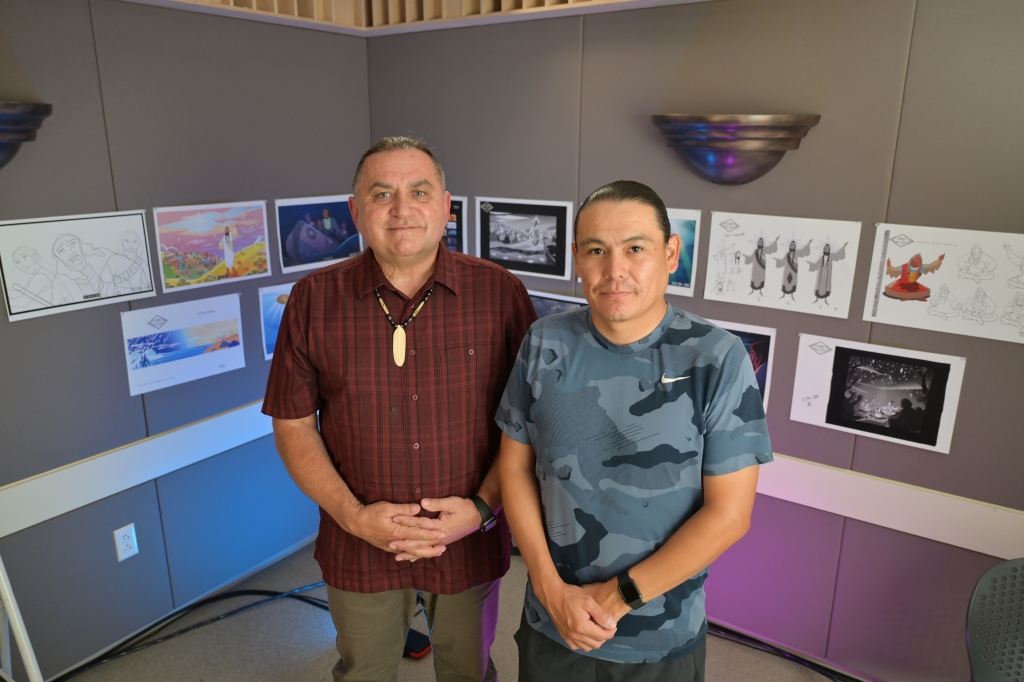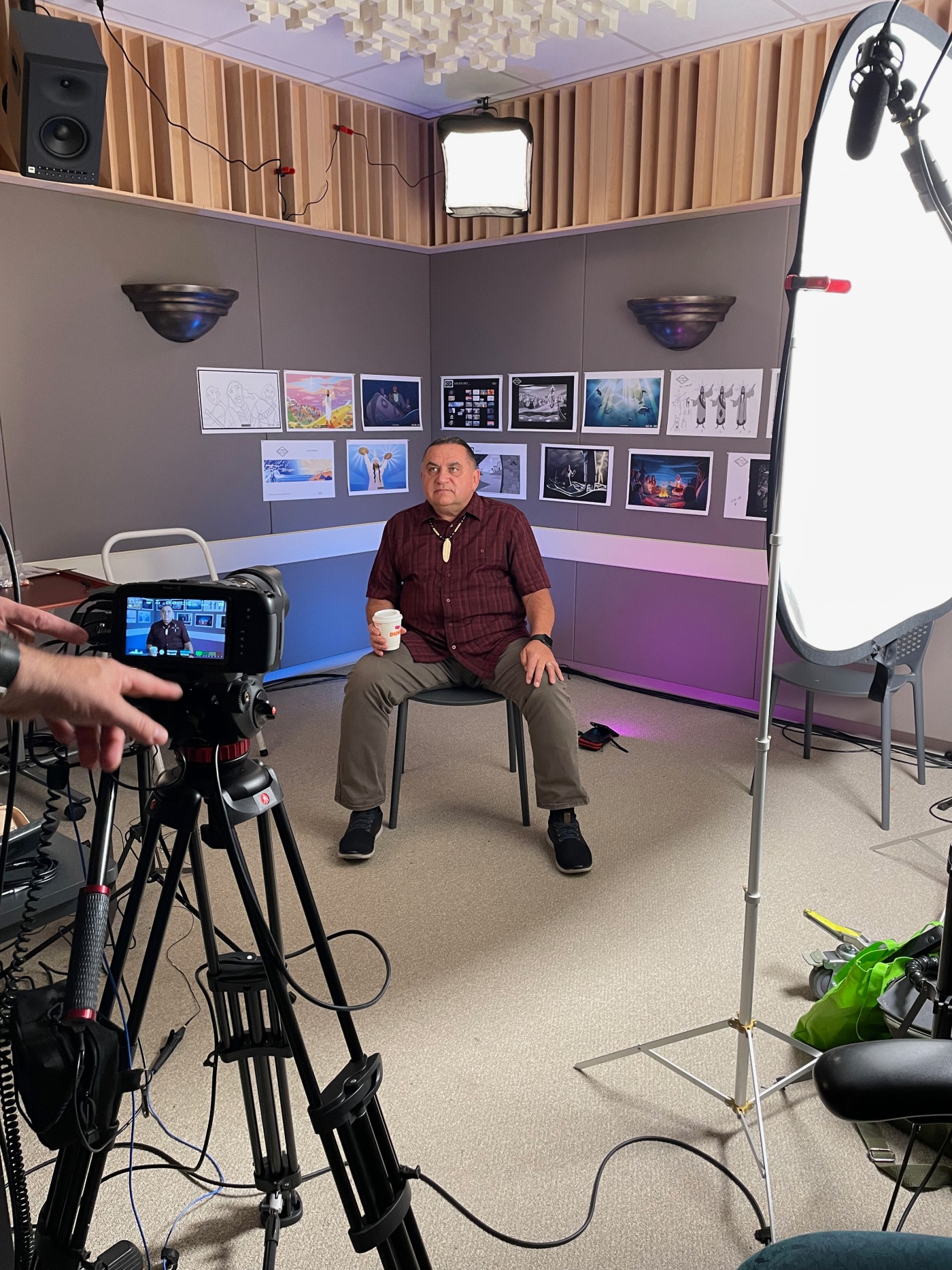I am part of the smaller segment of people who are not too happy about returning to “normal.” As an introvert, I didn’t mind working from home and interacting with the only co-worker I actually enjoy spending time with—my wife. Working from home also had the perk of spending time with my girls. I may not win the ‘Best Home School Teacher’ award, but I try to spend as much quality time with each child.
As “normal” returns so does work travel. I work with Nations, and often I am invited to high-level meetings, site visits, and large staff gatherings. Traveling as a younger man I found it exhilarating and felt a sense of freedom to leave home, traverse new roads, subways, cities, and new places. Eventually, the novelty of travel halts; the lines at security checkpoints get longer, delays are more frequent, it becomes all about airlines status, and leaving my wife and children gets more difficult.
Despite my feelings about work travel making an inconvenient return, I flew to Orlando, FL, one year since my last flight to meet with some colleagues and collaborators. Flying after the Pandemic seemed normal except for all the masks. Airlines are not messing around when it comes to wearing masks. Before taking off for my first flight of 2021 the pilot announced over the speaker that everyone needed to keep their masks on and how 4,000 people have made the no-fly list for not complying.
Once in Orlando, I met with Terry Wildman, a Native American elder, who has spent the last several years translating the Bible in a version that speaks to most (if not all) Native American people. The translation is in English, but is said in a way “that makes sense to our native people.” One example is Jesus, the First Nations Version (FNV) translates Jesus to “Creator Sets Free.” Creator Sets Free (Jesus) was sent from Creator to set the people in the world free from their wrongdoings.



Terry and I met with some people who work for Jesus Film, a ministry under the Cru umbrella, and they wanted to make an animated story of Jesus using the FNV. The stories that were chosen to feature in an animated film are when Jesus fed many people and when Jesus walked on water. Being in the presence of professional animators and sound technicians made me appreciate the amount of work that goes into animation, even shorts ones take a lot of time.Me and
On our first morning at the Cru Headquarters, we met with the Executive Director of the Jesus Film. After the brief introductions and sharing excitement of the video, Terry wanted to thank them and the Director by giving them a gift. Terry had brought a turkey feather that had been prayed over in hopes that whoever holds the feather would call out to Creator for his help and guidance.
In many conversations, which was mostly with White missionaries, Terry spoke truthfully about US Christianity and Native American people. One of the many examples of the lack of good relationship between the US and Native nations was the boarding school era. The boarding schools sought to “kill the Indian in order to save the man,” by forcefully removing young children from their homes to become assimilated to Western society. Any form of resistance was fought with brutality and abuse.
Recently, in Canada, there was a discovery of 215 Indian children’s remains found at a boarding school. As a student of history, this did not shock me, because I’ve read about how many boarding schools hid the bones of many Native children in the walls of the school. I’ve read about the horrors of abuse, neglect, pain, and death of Native children at the hands of priests, nuns, pastors, and civilized people. The question we, as Native people get when we share these difficult truths is Well, I didn’t do that or I am not responsible for what the church or “those” Christians did a long time ago?
I really enjoyed Terry’s wise elderly answer to these questions, which we actually received while eating lunch. Speaking with people, especially Christian people, it helps to start with the Bible. Terry brought up the story of the Good Samaritan:
Luke 10:25-27: And behold, a lawyer stood up to put him to the test, saying, “Teacher, what shall I do to inherit eternal life?” 26 He said to him, “What is written in the Law? How do you read it?” 27 And he answered, “You shall love the Lord your God with all your heart and with all your soul and with all your strength and with all your mind, and your neighbor as yourself.” 28 And he said to him, “You have answered correctly; do this, and you will live.”
29 But he, desiring to justify himself, said to Jesus, “And who is my neighbor?” 30 Jesus replied, “A man was going down from Jerusalem to Jericho, and he fell among robbers, who stripped him and beat him and departed, leaving him half dead. 31 Now by chance a priest was going down that road, and when he saw him he passed by on the other side. 32 So likewise a Levite, when he came to the place and saw him, passed by on the other side. 33 But a Samaritan, as he journeyed, came to where he was, and when he saw him, he had compassion. 34 He went to him and bound up his wounds, pouring on oil and wine. Then he set him on his own animal and brought him to an inn and took care of him. 35 And the next day he took out two denarii and gave them to the innkeeper, saying, ‘Take care of him, and whatever more you spend, I will repay you when I come back.’ 36 Which of these three, do you think, proved to be a neighbor to the man who fell among the robbers?” 37 He said, “The one who showed him mercy.” And Jesus said to him, “You go, and do likewise.”
Those who say they are not responsible for what happened to Native American people are like the priest in the story; noticing the hurt man and instead of showing compassion move ahead to get where he needed to go. The priest might have even said, according to Terry Wildman, I didn’t hurt this man, why should I help him? It is the Good Samaritan who stops to help the man even though he didn’t cause the beating, he is not responsible for what happened to the man, but decides to help him up, take him somewhere safe, and pays for his healing. Christians and the Christian church like to believe they are the Good Samaritan, but history reveals them to be like the priest. In modernity, the legacy has not changed much because of the typical response by Christians and the Church—We didn’t do it; therefore, we are not responsible.
It is about time for the gospel to be heard in a good way, a way not forged in colonialism or Western thinking but in story form. Terry showed me there is a way, a good way, to speak about the past, the horrors of history done to Native people, not as a way to make ancestors of colonizers feel bad but to engage in conversation and possibly forge a new relationship (conciliation).
In all my readings of Native history, it is difficult, nearly impossible, to not be angry at what has been done by the United States, Christians, and the Christian church to Native people. There is a season of anger Native people go through who read and know this history, this is where I find myself and am slowly moving past this stage, hoping to move into a season of speaking these truths in a way that could be told yet leaving hope alive for conciliation between the United States and Native nations. And, we are nations, not a “domestic dependent nation” or “tribe,” but a Nation that has been in existence even before the establishment of the United States.
Working on the FNV animated story of Jesus reminded me of how I want to continue sharing my perspective, and I don’t speak for all Native nations, and no matter how uncomfortable the conversation might become, it is important to share and challenge those in strategic positions of how they might join in reconciling or conciliating with Native nations.
There is no easy way forward, but being in person is far more valuable than over Zoom. In-person meetings give people the chance to build new relationships and that is where truth can be shared and when our past is honored, listened to, and lamented. I may not like having to travel again, but it is essential in continuing the mission of sharing the truth of our history and hoping to move forward in a good way.

Your writing gives me much to think on. Thank you for continuing to share.
LikeLike